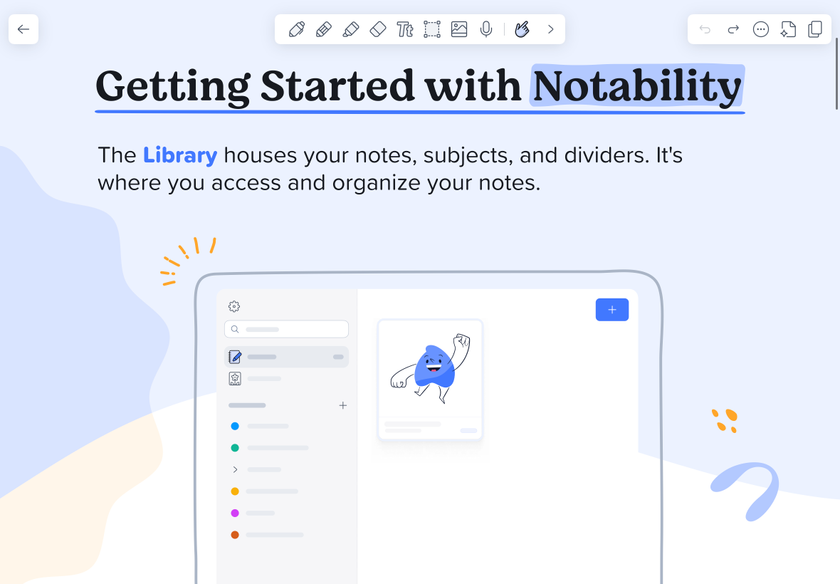Why the evolution of enterprise messaging is a big problem for Microsoft
Could the Office productivity suite ultimately be under threat?
Email erosion
Email is still the main driver of corporate communication in the world, but its lead may be eroding. Microsoft is selling more and more subscriptions to Office 365, which includes Outlook, but has recently been looking at beefing up Skype, according to reports. The company mulled an offer for Slack but Bill Gates, the company's founder who now works in an advisory capacity, was against the decision and pushed for the development of Microsoft's current products.

The decision is understandable given the (abysmal) success of Microsoft's recent acquisitions – Nokia, for example – but it does expose the company getting blindsided by a smaller, quicker firm that focuses on one specific area. A recent brouhaha with Okta, another enterprise company that focuses on employee logins, shows how worried Microsoft is.
Okta has, for the past few years, sponsored Microsoft's Ignite conference but was recently "dis-invited" from it, according to the CEO, Todd McKinnon. The company is tiny compared to Microsoft – a recent fundraising round valued it at $1.2 billion (around £850 million, AU$1.6 billion) – but appeared to represent a big enough threat to warrant removal from the event. (It has since been re-invited, by the way.)
Scared of the small fry
Microsoft is a company that is terrified of other, smaller companies unbundling its software – focusing on smaller parts, like logins, and doing it better – which could erode its position in the market as the go-to enterprise software company. This is driven by the adoption of the cloud over Windows, weakening Microsoft's position in enterprise as everything works with everything else.
Email is still the dominant form of communication in 2016, but as that changes over the coming years, Microsoft's position becomes more precarious and Slack, HipChat, and others could move in. Office 365 becomes a far less attractive proposition without email, and that is likely a big worry for Microsoft's management.
Other big enterprise companies like Amazon, which operates Amazon Web Services, have not entered the messaging space which could, in the future, prove to be a weakness. However, companies like Slack rely on AWS to operate so Amazon makes its money that way.
Ben Thompson, an analyst who writes for Stratechery, has described Amazon's method as an "internet tax" that shields it from larger trends – even if the 'next big thing' isn't something Amazon already does, it will likely be based on AWS.
Are you a pro? Subscribe to our newsletter
Sign up to the TechRadar Pro newsletter to get all the top news, opinion, features and guidance your business needs to succeed!

Disrupting Redmond
With regard to Slack and its potential to "disrupt" Microsoft, Thompson also had some thoughts. "It's hard to see anyone – including Microsoft – having a bigger opportunity than Slack" when it comes to enterprise, he wrote. "Whatever [users] want to do almost certainly involves communicating, which means Slack and its competitors are the best-placed to be the foundational platform of the cloud epoch."
Of course, an "opportunity" is just that: it could happen, or it could not. But Slack, which has now grown to 2.3 million daily active users, is well placed to make things happen and could become the next big enterprise company.
Facebook and HipChat represent a challenge to Slack, but each has its own benefits. Facebook, for example, is much more of a 'hub' with pictures, status updates, and chats, while HipChat is geared towards technical work. It's possible that a range of options will survive and thrive, but it's likely that Microsoft's will not be one of them.
Max Slater-Robins has been writing about technology for nearly a decade at various outlets, covering the rise of the technology giants, trends in enterprise and SaaS companies, and much more besides. Originally from Suffolk, he currently lives in London and likes a good night out and walks in the countryside.












